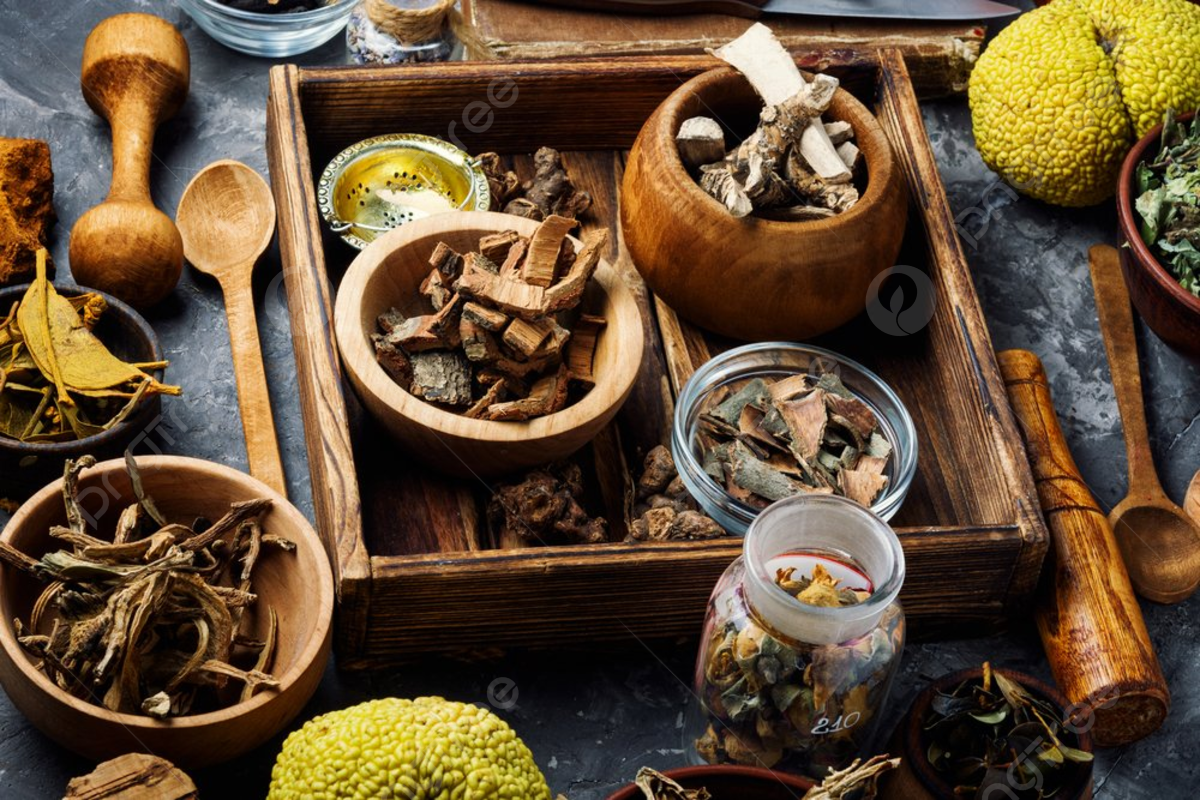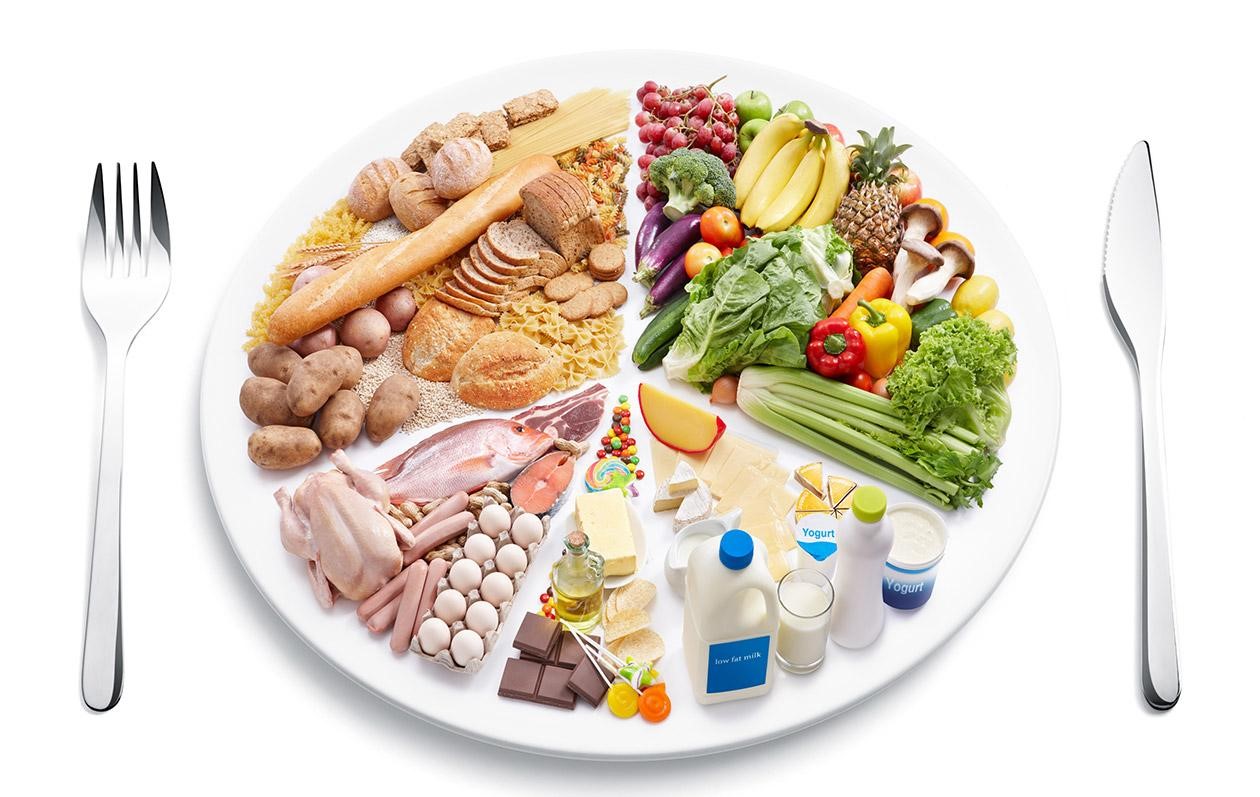 English
EnglishNutrition in cancer: Analyzing misconceptions from a scientific perspective
Do cancer patients have to abstain from sugar completely? Can fasting starve tumors? Join nutritionists to debunk 3 common misconceptions and learn the scientific truth to build the right diet to support effective treatment.
Misinformation about nutrition for cancer patients

Nutrition for cancer patients is always a matter of concern
When a person receives a cancer diagnosis, they and their families immediately embark on a fierce battle. Along with concerns about treatment regimens, another challenging “battlefront” opens up: the nutritional front. In the digital age, patients are surrounded by a sea of confusing information, from word-of-mouth advice, unverified social media posts, to heavily advertised “miracle” diets. All promise to cure or kill cancer cells.
This information chaos comes from a legitimate desire: to find a ray of hope, a solution for patients to proactively control their illness. However, believing and following unscientific nutritional myths can have extremely serious consequences. Instead of being supportive, they can lead to physical exhaustion, weaken the immune system, reduce tolerance to conventional treatments such as chemotherapy and radiotherapy, and ultimately negatively affect the treatment results and quality of life of patients. Therefore, equipping patients with the right knowledge, based on scientific evidence, is extremely urgent.
3 most common misconceptions about nutrition for cancer patients
Below, we will analyze and debunk the most common misconceptions from the perspective of modern medicine to understand what is true and what is a misconception about nutrition for cancer patients.
Misconception 1: Completely cut out sugar and starch to “starve” the tumor

The misconception that cutting out sugar completely may starve the tumor
This is probably the most common and harmful misconception. The reasoning behind it seems reasonable, that is, cancer cells grow quickly and use a lot of energy, the main source of energy is sugar (glucose). Therefore, this view holds that if we cut off sugar, the tumor will “starve” and die.
But in fact, from a scientific perspective, this logic has a serious flaw. It is true that cancer cells need glucose, but every healthy cell in the body also needs glucose to survive. The brain, red blood cells, and muscle cells all use glucose as their preferred energy source. Our bodies do not have a smart “switch” to only supply glucose to healthy cells and “cut off” the supply to cancer cells. When you completely cut carbohydrates (sugars and starches) from your diet, your body is forced to switch to a survival mechanism, it starts to decompose other structures to create glucose by breaking down proteins from muscle mass and lipids from fat tissue. This process not only does not “starve” the tumor effectively, but also leads to the devastating consequences of muscle atrophy, weight loss, exhaustion, and even cachexia in cancer patients.
Therefore, useful advice from experts for this point of view is as follows:
- There is no need and should not be a complete abstinence from carbohydrates. Instead, patients need to make smart choices, as recommended by reputable cancer associations.
- Prioritize complex carbohydrates: These foods are high in fiber, which allows sugar to be released into the blood slowly, providing stable energy without causing sudden increases in blood sugar. Good choices include: brown rice, oats, sweet potatoes, beans (green beans, lentils) and whole wheat bread.
- Minimize refined sugars and processed foods: These are “empty calories”, providing quick energy but little nutritional value and can promote inflammation. Therefore, cancer patients should stay away from candy, soft drinks, syrups and processed foods that contain a lot of hidden sugar.
Misconception 2: Completely abstain from red meat and dairy

Misconception of eliminating beef and dairy due to the thought that they increase tumor stimulation
Many believe that red meat and dairy products contain inflammatory factors, growth hormones, and can promote cancer cells to grow faster.
But from a scientific perspective, red meat and milk both provide certain nutritional benefits for cancer patients:
- Red meat: The link between red meat and cancer is mainly related to the increased risk of disease (especially colorectal cancer) when consumed in large amounts and regularly, and this risk is even higher with processed meat (sausages, bacon, sausages). However, for a patient undergoing cancer treatment, red meat has many other great benefits. The reason is that they are facing the risk of wasting and anemia. And red meat is a source of protein with high biological value and especially heme iron – the form of iron that is most easily absorbed by the body, which is very important for regenerating red blood cells and fighting anemia caused by chemotherapy.
- Milk: Currently, there is no strong and convincing scientific evidence that drinking milk in moderation makes cancer worse in people with the disease. Nutritional guidelines for cancer survivors from major organizations such as the American Cancer Society do not recommend avoiding milk². On the contrary, milk and dairy products such as yogurt and cheese are good sources of calcium, vitamin D, and high-quality protein in an easily digestible form, which is helpful for patients with anorexia, difficulty eating, or weight loss.
So, what advice do nutritionists give when considering the need to abstain from beef and milk??
- Red meat: According to the World Cancer Research Fund – WCRF, patients can consume a moderate amount of less than 500g of cooked meat per week. Prioritize lean meat and prepare it using healthy methods such as boiling, steaming, stewing instead of frying or grilling at high temperatures that cause singe.
- Milk: If the patient is not allergic or lactose intolerant, the use of milk and dairy products is completely beneficial. Especially in the context of high nutritional supplementation, high-energy medical nutritional milks designed specifically for cancer patients are an optimal choice.
In the context that patients often face side effects such as loss of appetite or weakness, ensuring adequate nutrition through regular eating becomes extremely difficult. Therefore, the Leanmax Hope Medical Nutrition product has been successfully researched and developed by Nutricare, acting as a nutritional support solution for cancer patients during treatment. With a scientific, easy-to-absorb formula, Leanmax Hope supports increasing muscle mass and weight thanks to its high-energy formula (474 kcal/100g of powder) and ingredients containing Whey Protein, MCT fat. In addition, the product also supports enhancing immunity and reducing fatigue in patients with antioxidants (Vitamins A, C, E, Selenium), Maggie and Zinc.
Understanding that the digestive system of cancer patients is very sensitive, Leanmax Hope is supplemented with soluble fiber FOS/Inulin and B vitamins, helping patients regain their appetite, supporting the digestive system as well as minimizing the risk of intestinal disorders. The product is also supplemented with Nano Cucurmin, Arginine and Vitamin C, supporting inflammation reduction and rapid wound healing. Therefore, Leanmax Hope can be considered an important component in the nutritional diet of cancer patients, adding 2 glasses per day, supporting patients to improve their health and endurance, and firmly fight against disease.
Misconception 3: Drinking water from leaves, roots, and folk herbs can replace medicine

Misconception of taking herbal medicine to reduce tumor size
With the mentality of “When you’re sick, bow in all four directions” and the desire to find “natural, benign” solutions, many patients have turned to leaf juices, tree roots or herbs that are rumored to have the ability to “kill cancer”.
But in fact, this is an action with several unpredictable risks. Specifically as follows::
- Drug interactions: The biggest danger is the risk of interactions with treatment drugs. Many active ingredients in herbs can affect the Cytochrome P450 enzyme system in the liver, which is responsible for metabolizing most chemotherapy drugs. This interaction can reduce the effectiveness of the drug or, conversely, increase the toxicity of the drug, causing serious side effects.
- Toxic to certain organs: Many herbs of unknown origin, composition, and dosage may contain substances that are toxic to the liver and kidneys. These are organs that already have to work very hard to eliminate the metabolic products of tumors and treatment drugs.
Therefore, for cancer patients, the role of the treating physician is extremely important. Any support products, whether herbal, high-dose vitamins or functional foods, must be notified and approved by the treating physician. Patients should absolutely not arbitrarily use products of unknown origin to avoid unfortunate consequences.
5 golden nutritional principles for cancer patients

Nutrition is extremely important to support the health of cancer patients
Once misconception cleared up, we need to develop a sound nutritional strategy. Here are five core principles that patients and their families should keep in mind:
- Sufficient energy and protein is the top priority: The top goal of nutrition in cancer is to combat cachexia, maintain weight and preserve muscle mass. International clinical guidelines recommend that cancer patients need 1.2-2.0g protein/kg body weight/day, much higher than healthy people. Therefore, cancer patients need to increase energy- and protein-rich foods such as fish, eggs, poultry, beans, nuts and use medical nutritional milk products when regular diet is not enough.
- Eat a variety of foods, prioritizing foods with well known origins: A varied diet provides all the necessary micronutrients. Cancer patients should apply the “rainbow eating” rule – adding numerous types of vegetables and fruits of different colors (green, red, yellow, purple) to their daily meals. Each color represents different groups of vitamins, minerals and natural antioxidants, allowing the body to fight oxidative stress caused by illness and treatment.
- Drink enough water: Water plays an extremely important role in transporting nutrients, regulating body temperature and especially supporting the body to eliminate toxic metabolic products from tumors and treatment drugs. Dehydration due to side effects such as fever, diarrhea, vomiting can make patients tired and exhausted quickly. Patients should ensure to drink enough 2-2.5 liters of fluid per day or according to the formula of 40ml/kg of body weight. Additional sources can be through filtered water, soup, milk, or unsweetened fruit juice.
- Flexibly adjust the diet according to side effects: The treatment process can cause many side effects leaving impact on eating. Appropriate nutritional management for each side effect is of great significance to maintain intake. When the patient has nausea, it is necessary to divide meals into many small meals during the day and prioritize dry, low-odor foods such as salted crackers or toast. At the same time, greasy, spicy foods should be avoided. Patients can use ginger to reduce nausea. If you experience mouth pain or difficulty swallowing, you should prepare food in soft, liquid, pureed form such as soup, porridge, smoothies and avoid hard, sour, spicy foods that can irritate the oral mucosa. In particular, many patients experience changes in taste after each chemotherapy and radiotherapy session. If there is a metallic taste in the mouth, the patient should try using plastic or bamboo eating utensils and increase the use of natural herbs and spices (basil, mint, dill) to make the food more attractive.
- Prioritize food safety: The immune system of cancer patients, especially after chemotherapy, is often weakened and makes them more susceptible to infections. Therefore, strict adherence to hygiene principles is mandatory: always “eat cooked food, drink boiled water”, wash hands thoroughly before preparing food, use separate cutting boards and knives for raw and cooked food, and store food properly.
Conclusion
During the treatment journey, believing in concepts such as “starving” the tumor or strict abstinence is extremely dangerous, can lead to exhaustion and hinder your recovery process. Remember, the role of nutrition is not to cure disease, but to provide a solid foundation for health. A scientific diet, with enough energy and protein, helps the body maintain physical strength, strengthen the immune system and better withstand the side effects of chemotherapy and radiotherapy. This is the key factor that allows you to fully comply with the doctor’s regimen. Therefore, put aside your confusion and proactively consult a medical expert to create the most suitable, safe
References:
|
